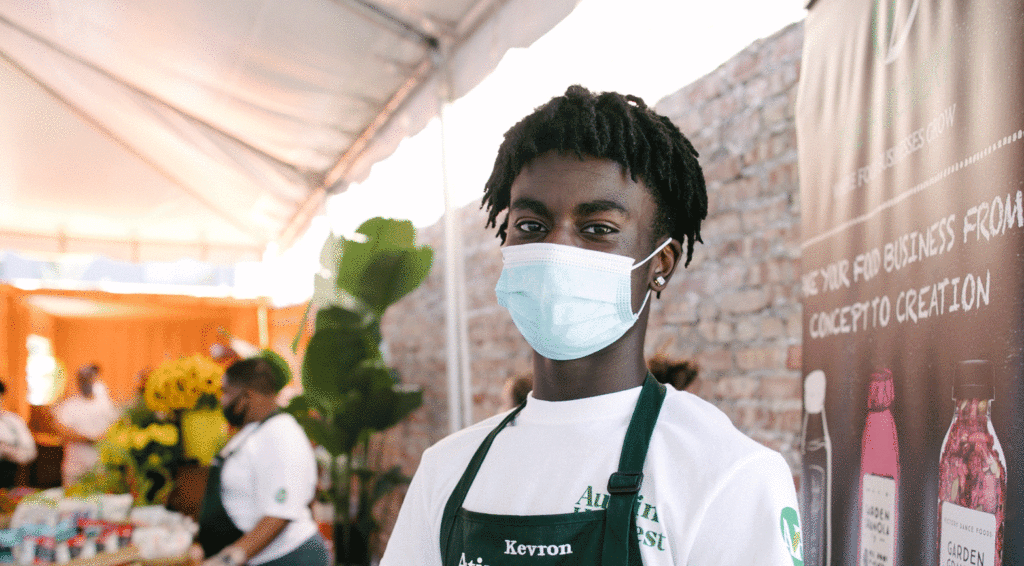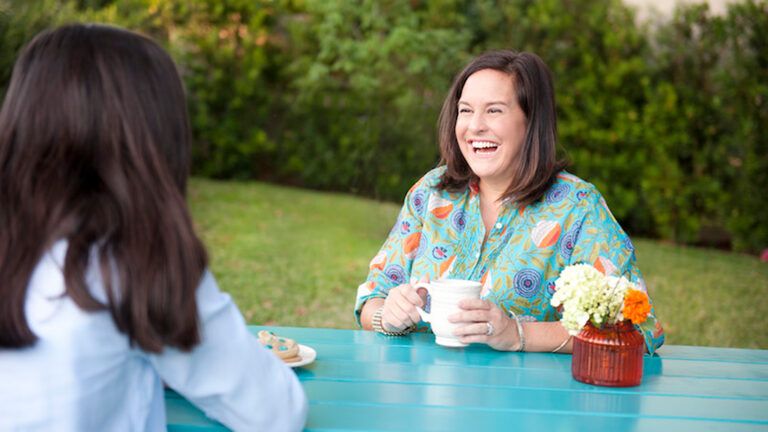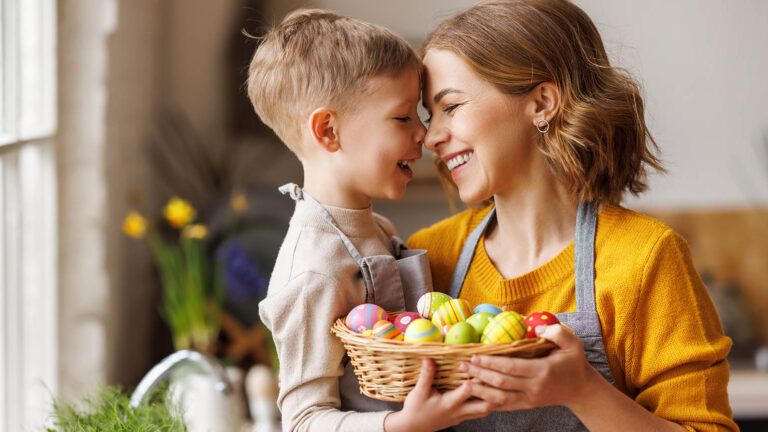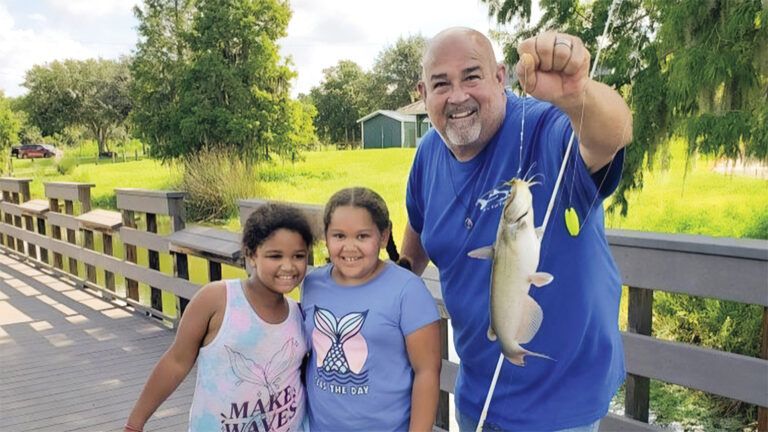American teenagers have just lived through one of the most challenging years of their lives. A pandemic, closed schools, racial justice protests, political division—so many upheavals frayed teens’ emotional health and contributed to a rise in youth emergency room visits.
Urban teens of color were hit hardest. Their schools were most likely to switch to remote learning and some city neighborhoods were vandalized during racial justice protests.
“It was an oppressing time,” said Keith Tankson, 15, who lives in Chicago’s Austin neighborhood, one of the city’s most economically disadvantaged areas. During the pandemic, schools in Austin shut, businesses were looted and the murder rate rose.
Still, Tankson and his friend, Azariah Baker, 15, saw an opportunity to help. In August, 2020 the teens, along with other youth members of By the Hand Club (BTH), a faith-based Chicago after school program, opened Austin Harvest, an outdoor community produce market. Built on the site of a former liquor store that was looted during protests, the market has distributed more than 12,000 items of produce and 3,300 fresh flowers in a neighborhood historically underserved by quality grocery stores. The entire operation is staffed by teens, with help from adult mentors.
Fruit, vegetables and flowers are donated by community organizations or purchased from wholesalers. The teens research local grocery stores then set prices lower “to pull in customers,” said Tankson. Jazz music plays from portable speakers. Where the liquor store drew vagrants and crime, Austin Harvest is a hub of good neighborhood vibes. The market closed for a few months during winter and will reopen in June.
“We wanted to inspire some hope in our community when it was full of despair,” said Tankson. “A guy came in on our opening day and he said he’d lived in Austin since the 1960s, and he never saw anything like that,” said Baker. “It makes me excited to apply for college. My resume is going to be buzzing. I opened a business…I’ll let it take me wherever God wants me to be.”
By the Hand (BTH) was founded in 2001 by Donnita Davis, a longtime member of The Moody Church in Chicago. Davis left an executive career in advertising to follow a call to serve young people in Cabrini-Green, one of the city’s largest public housing projects. Today, BTH partners with Chicago public schools and other civic organizations to provide mentoring, after school activities, college counseling, nutrition support and other services to roughly 1,600 children in four Chicago neighborhoods. Staff members are open about their faith but religious commitment is not required to participate.
Research shows that active involvement in a faith community boosts teens’ mental, emotional and even physical health—a vital insight as America emerges from the trauma of the pandemic. “BTH [exists] to take kids by the hand and walk kids through life and partner with them so they can give birth to what is special inside of them,” said Rodney Williams, BTH’s director of economic development.
Williams said he and other BTH staff quickly realized the pandemic was disproportionately impacting kids in Austin, especially after summer racial justice protests turned violent in the neighborhood. “We needed to get to the kids,” he said “See what was on their hearts.”
In June, teens were invited to a “peace circle,” an outdoor gathering with police officers, professional athletes and other mentors at BTH’s community center.
“I hadn’t left the house for a couple of months,” said Baker. “It was just me and my mom. I’m asthmatic and she’s really old. It felt like we were trapped. [The peace circle] not only gave you an outlet but it was a place where someone would listen to you.”
The kids were encouraged to share feelings and consider ways to help the neighborhood. They quickly settled on the issue of food insecurity. Though Austin has just three grocery stores serving more than 94,000 residents, there are at least 17 liquor stores within half a mile of BTH.
One of those liquor stores was looted over the summer. After years of rebuffing BTH’s efforts to buy and shutter the business, the owner suddenly agreed to sell.
“Half the reason why Black and brown people were getting Covid was preexisting conditions because of eating habits,” said Baker. “We knew it wasn’t ideal to have to travel [up to] an hour to get good food.”
Local athletes pitched in to buy the store. BTH arranged for business training for the kids, helped to get city permits and worked with contractors to raze the store and replace it with a cheerful, colorful outdoor produce market.
“We wanted to be perceived as open arms to our community,” said Baker. “We had people walk past and they’d be like, ‘Oh, my gosh!’…It was such an outpouring of people being proud of us.”
BTH has been recognized by Chicago’s mayor and other community leaders for its commitment to disadvantaged kids. Both Tankson and Baker have been participating in the organization’s activities since they were in first grade. They said the organization has strengthened their faith and helped them to survive and even thrive during a difficult year.
“God has always been a really important part of my life,” said Baker, who attends a selective college preparatory public high school near Austin. “With school, personal projects and a job, it can get overwhelming sometimes and I get timid and fearful based on what my future is going to be…Mr. Rodney said, ‘God’s got you.’ That pushed through the worries I had. God would always be with me.”
“We wanted to show people that they can do it,” said Tankson, describing his vision for Austin Harvest. “This is just one thing in one neighborhood. Everyone can make a change and be the next step to make something better and brighter.”






